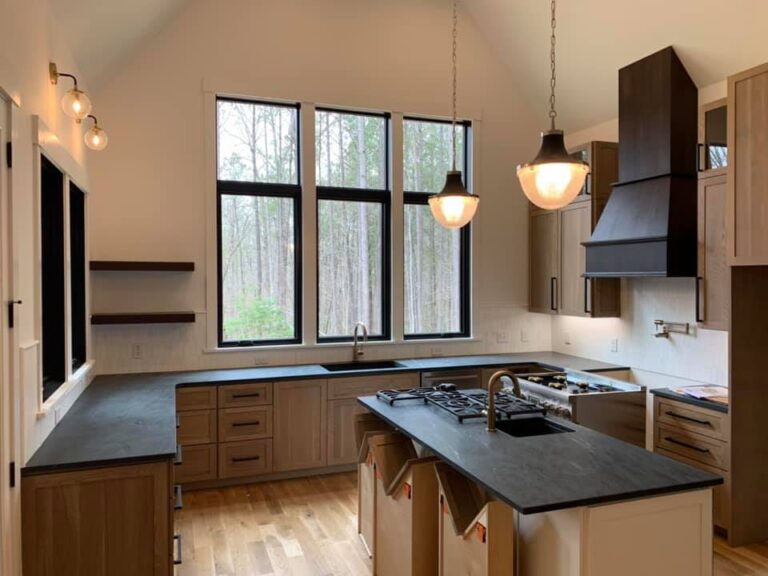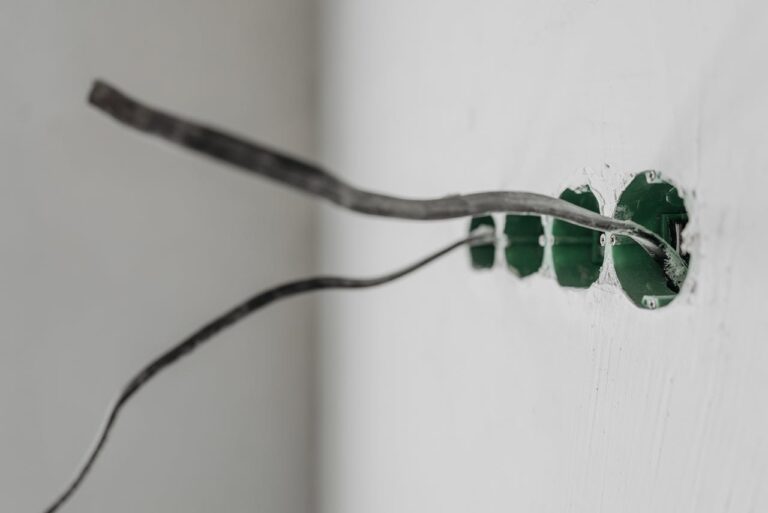At Jason H. Pope Electrical Contractors, we have helped many homeowners install, repair, and maintain low voltage lighting systems. As with any addition to your home, the decision to use this type of lighting is important, and you likely have a host of questions. Below, you’ll find our answers to some of the most common topics homeowners like you want to know about.
What’s the Purpose of Low Voltage Lighting?
Low voltage lighting uses a transformer to reduce the voltage of your lighting system from an average of 120 volts to a mere 12-24 volts. These systems are a great way to lower your energy bill and increase energy efficiency, and homeowners have taken to them for a variety of cases.
You might consider low voltage lighting for:
- landscape lighting
- outdoor patio lighting
- aquatic lighting (pools, jacuzzis, fountains, etc.)
Since there is a lower voltage coursing through these systems, there’s less risk of shock. That’s one reason why they are favored for underwater lighting situations.
What’s the Downside to Low Voltage Lighting?
These lighting systems must use a transformer to ratchet the current down from 120V to 12V. That means they need to be within about 100 feet of the transformer or else you’ll risk voltage drops. The need for proximity to a transformer is a primary reason that low voltage lighting systems are mostly used for outdoor areas.
Is Low Voltage Lighting Safe?
As with any electrical system, low voltage lighting does carry some risk. For example, exposure to the elements can cause wear and tear to the wiring, potentially creating a fire hazard. Additionally, these systems can be susceptible to overcurrent situations that also cause fires (especially if the wiring and circuitry is not protected).
Many of the safety issues associated with low voltage lighting, though, are only issues because this type of system does not need a licensed electrician to be installed. Some homeowners perform the work themselves, potentially leaving dangerous elements exposed. If you get electricians to help you install or repair your low voltage lighting system, the risk goes way down.
How Long Does Low Voltage Lighting Last
The answer to this question is a bit complex. In truth, the longevity of your lighting system depends heavily on a few factors:
- the quality and type of bulbs you use
- the wiring and how it is protected from the elements
- the lifespan of your transformer
- how routinely you maintain your lighting system
Painting with a wide brush, it’s not uncommon to see low voltage lighting systems lasting for over a decade. With help from our team, you can have long-lasting, money-saving lighting for all your outdoor needs.






